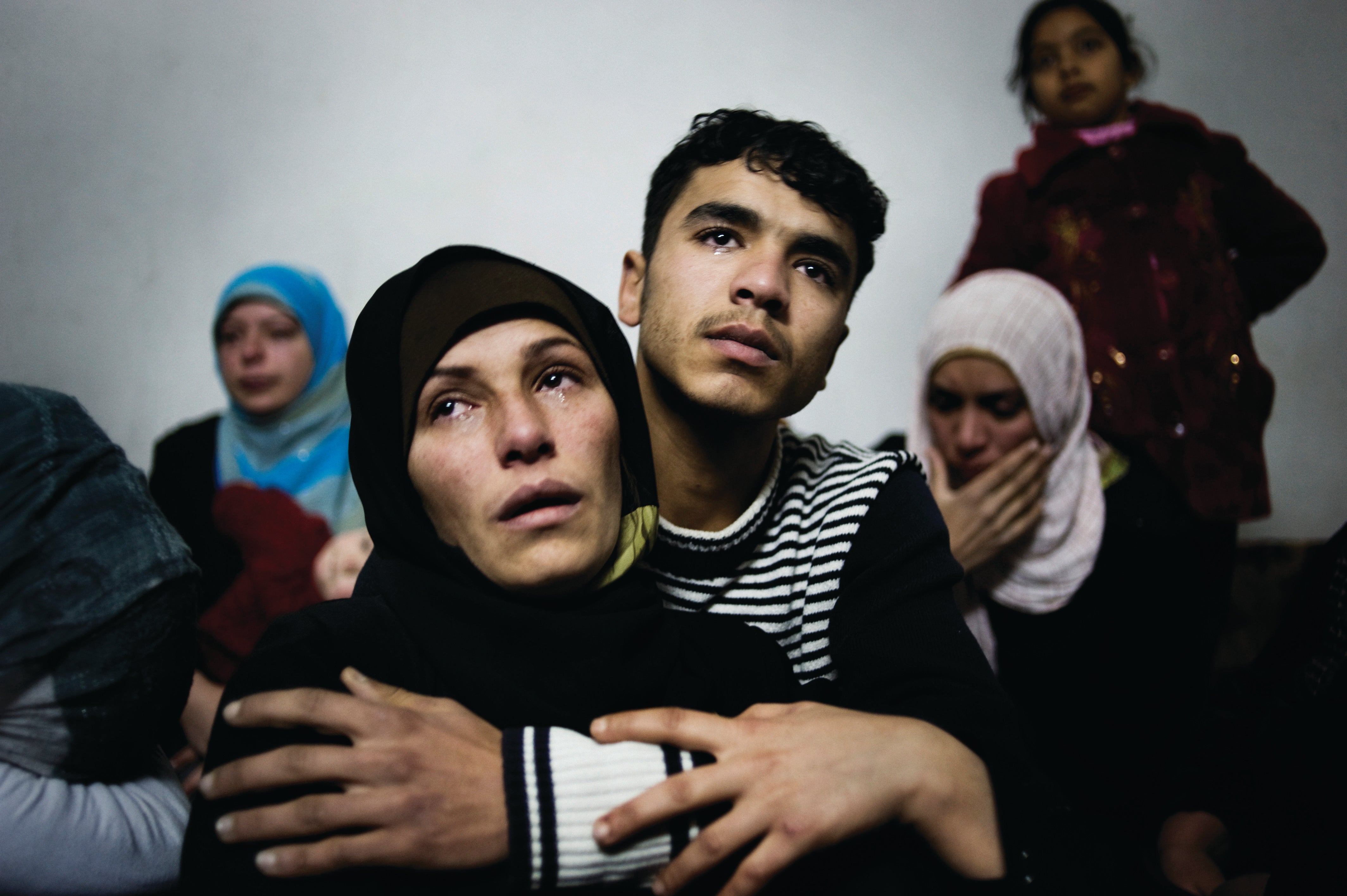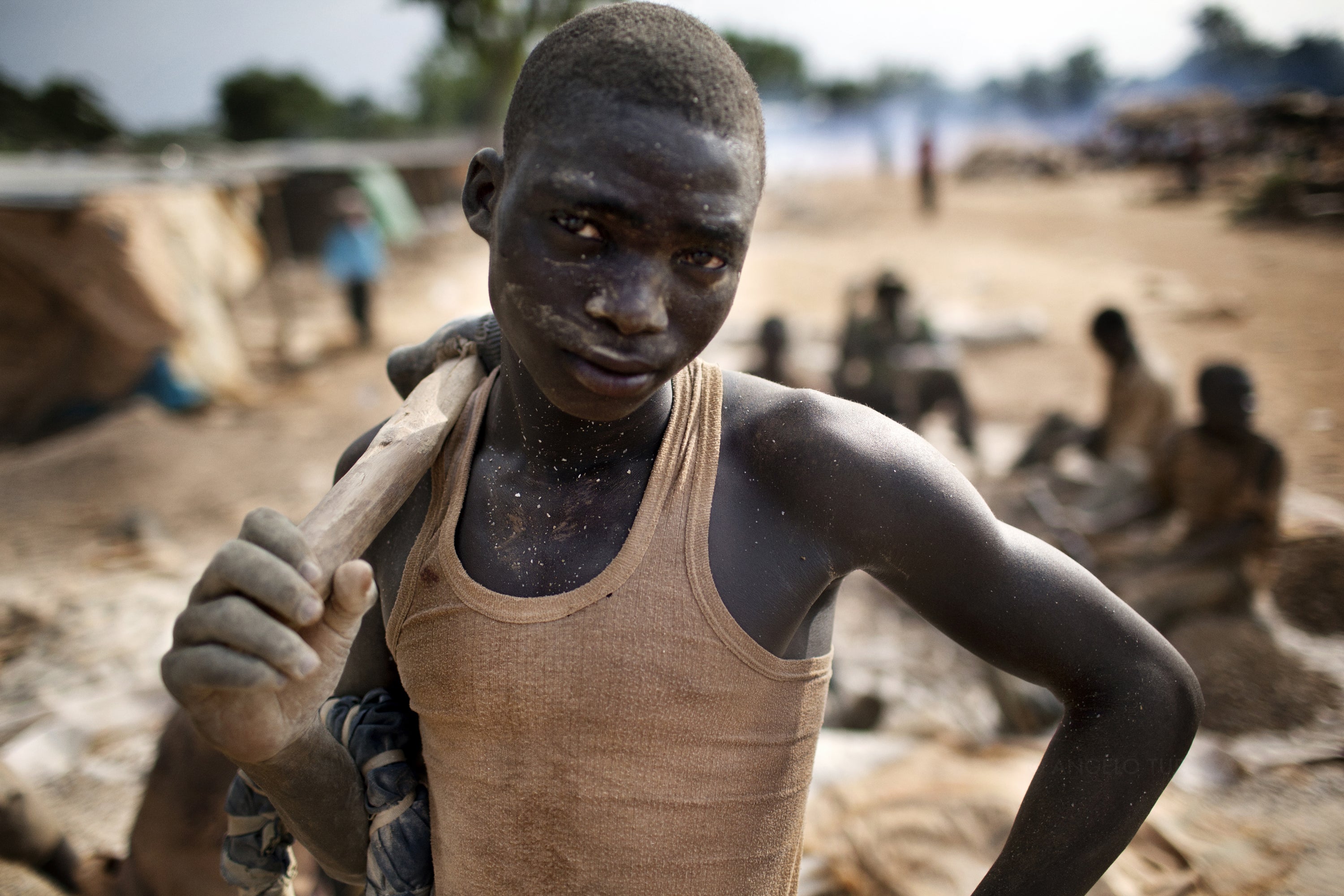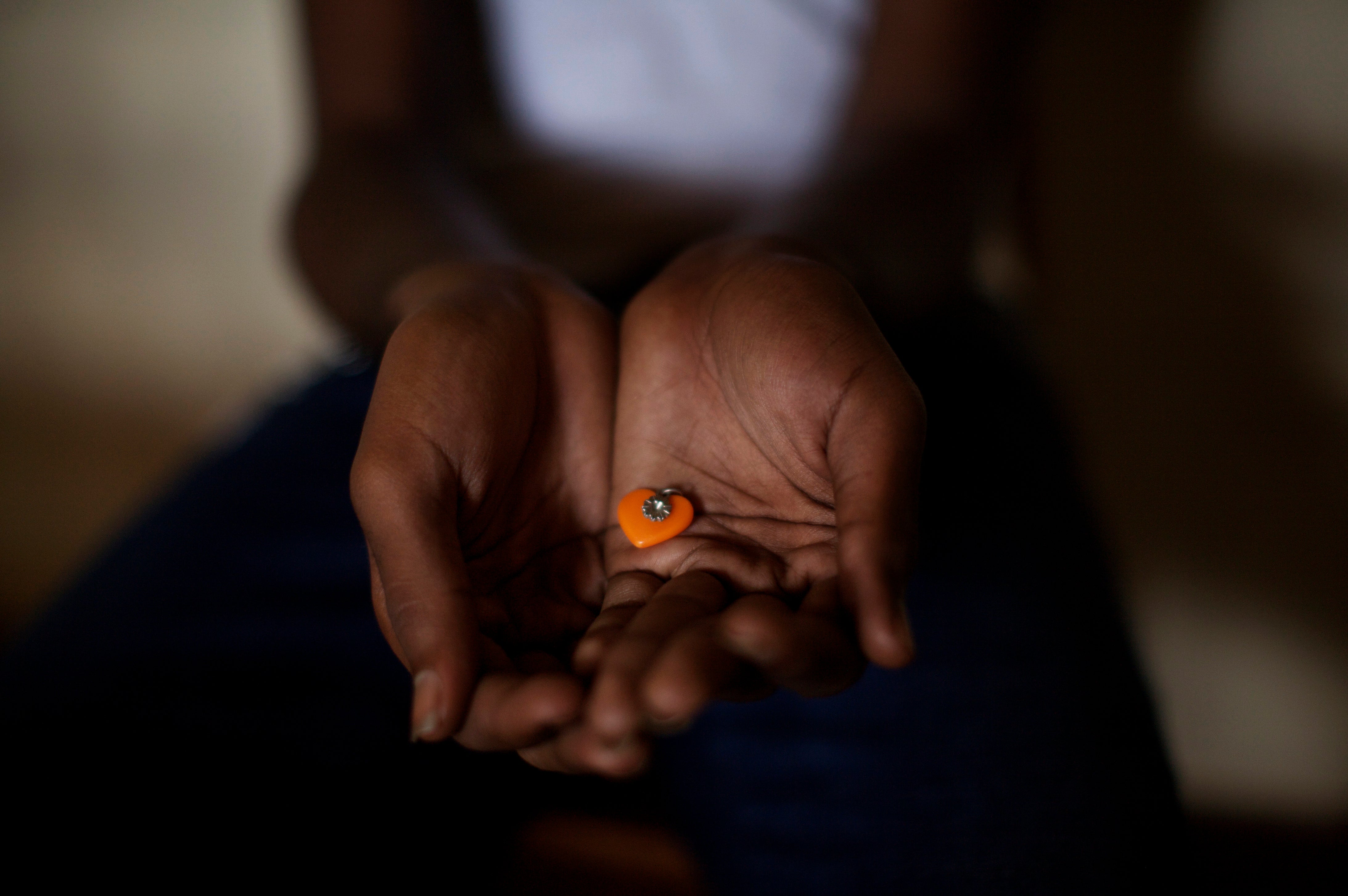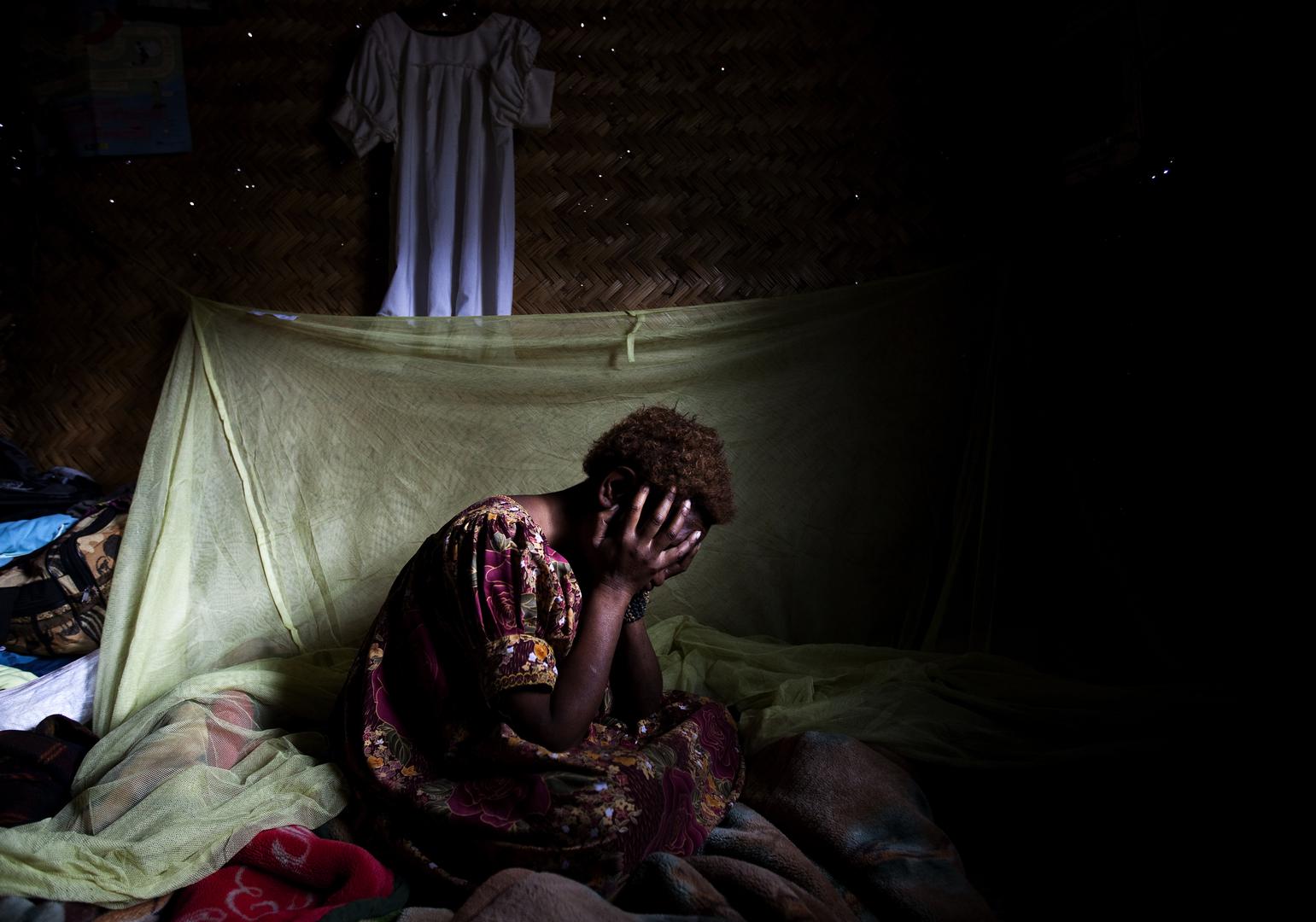There was little improvement in human rights in 2012 in Bosnia and Herzegovina (BiH) despite the formation of a national government in February after a delay of 14 months.
The government missed several deadlines to make changes to the constitution that were needed to end discriminatory restrictions on Jews and Roma holding political office. Roma remain subject to widespread discrimination. Some refugees and internally displaced persons (IDPs) wishing to return to their pre-war homes faced an obstacle in the courts, and there was no progress on implementing a return strategy. Journalists remained vulnerable to threats and attack.
Ethnic and Religious Discrimination
The new Bosnian government failed to implement a 2009 European Court of Human Rights (ECtHR) ruling ordering the country to amend its constitution to eliminate ethnic discrimination in the national tri-partite presidency and House of Peoples, both currently restricted to the three main ethnic groups (Bosniaks, Serbs, and Croats).
This was despite the government agreeing in June to present reform proposals by August 31, and a binding September 3 deadline set by the ECtHR itself. A joint working group established to propose changes has not met since March, and there are sharp disagreements among the main parties on the way forward. Local elections scheduled for October 2012 were held under the existing constitution.
A questionnaire for BiH’s first national census since 1991, made public in April 2012 and scheduled for 2013, drew criticism from the International Monitoring Operation (IMO) and the Conference of European Statisticians. The IMO was established by the European Union and Council of Europe (CoE) to monitor the census. Criticism was based on questions requiring respondents to identify their ethnicity, religion, and mother tongue in the form of a closed question and limiting them to a single response. Amendments to the questionnaire largely failed to address the IMO’s criticisms, and continued to require respondents to identify their mother tongue, which may have a discriminatory effect on national minority groups and those who want to declare themselves as multilingual and multi-ethnic.
Roma remain the most vulnerable minority group, subject to widespread discrimination. Many Roma are still not on the national public registry that records births, deaths, and marriage, impeding their access to public services. Roma continue to face problems accessing health care due to registration restrictions, lower educational enrollment than other groups, and employment discrimination. Many Roma, particularly refugees and IDPs, including from Kosovo, remain in informal settlements. The practice of placing Roma in special schools in Mostar, a city in the Federation, instead of mainstream schools, continued during the year.
Most of the 100 Roma evicted from their homes in Mostar in October 2011 to make room for a housing project for other Roma families simply relocated to other informal settlements in the city and remain vulnerable to further evictions.
Refugees and Internally Displaced Persons
There was virtually no progress on implementing the 2010 strategy to support the return of refugees and IDPs to their pre-war homes, even after the new government was formed in February 2012. In the first 6 months of 2012, 185 refugees and 198 IDPs returned, according to the United Nations High Commissioner for Refugees (UNHCR), a slight increase relative to same period in 2011. According to the latest updates in June 2012, there were still 112,802 IDPs registered, down from 113,188 at the end of June of the previous year.
District court rulings awarding excessive compensation to temporary occupants of property were an obstacle to displaced people wanting to return to pre-war homes, prompting repeated criticism during the year by the Office of the International High Representative (OHR). Faik Zulcic, a returnee to Bjeljina in Republika Srpska, was evicted from his home in April after he was unable to pay 40,000KM (around US$26,000) to the former occupant as ordered in March 2012 by the Bjeljina District Court.
National Security and Human Rights
BiH continued to subject foreign nationals to indefinite detention without trial on national security grounds. In February, the ECtHR halted the deportation of Imad Al Husin to Syria because of the risk of torture on return and ordered Bosnian authorities to charge him with a crime, find a third country to which he could safely travel, or release him. He remained in Bosnian detention without trial at this writing.
Also at this writing, Zeyad Khalad Al Gertani, another foreign national security suspect remained in detention without trial. Four others left BiH in 2012: Noureddine Gacci (deported to Algeria in January), Omar Frendi (deported to Algeria in March), Fadhil Al Hamadini (escaped house arrest to an unknown location in May), and Ammar Al Hanchi (deported to Tunisia in September after the ECtHR in June rejected his claim that he risked torture on return).
War Crimes Accountability
On May 16, the trial against Bosnian Serb wartime General Radtko Mladic commenced at the International Criminal Tribunal for the former Yugoslavia (ICTY). The trial was periodically delayed by Mladic’s ill-health. Mladic is charged with genocide, including the murder of 7,000 men and boys from Srebrenica in 1995, war crimes, and crimes against humanity.
The trial of Radovan Karadzic, the Bosnian Serb wartime president who is charged with many of the same crimes as Mladic, continued at the ICTY with the prosecution concluding its case on May 25 and the defense seeking Karadzic’s acquittal on all counts. The court upheld all charges except one genocide charge not involving Srebrenica, which it dismissed due to insufficient evidence. On September 24, the office of the prosecutor at the ICTY appealed this decision; the appeal procedure was ongoing at this writing.
On January 21, Bosnia police captured convicted war criminal Radovan Stankovic in the city of Foca. Stankovic had been at large since escaping from Foca prison in BiH in 2007, where he was serving a 20-year sentence for crimes against humanity committed in 1992 when he was serving as a soldier in the army of the Serb Republic of BiH.
The War Crimes Chamber of the State Court of BiH reached verdicts on 13 cases between September 2011 and 2012.
Inadequate capacity and funding for war crimes prosecutions continued to hamper implementation of the national war crimes strategy in cantonal and district courts. In May, the OHR and ICTY chief prosecutor discussed ways to strengthen local prosecutor and courts on war crimes cases. The mandate of the international judges and prosecutors is scheduled to expire by the end of 2012, having been extended once in 2009.
Human Rights Defenders
The national journalists’ association and the Helsinki Committee in BiH expressed concern about the high frequency of verbal abuse of journalists leveled mostly by politicians but also by religious leaders and media regulators, with 42 violations of free expression and personal freedoms recorded between September 2011 and 2012, including 19 verbal assaults, 3 physical assaults, and one death threat.
On July 18, Stefica Galic, chief editor of the web portal tacno.net, was attacked in the city of Ljubuski after a documentary screening that honored her late husband’s efforts to protect Bosniaks during the 1992 to 1995 Bosnian War. Nedjeljko Galic was a Croat living in the federation and helped hundreds of Bosniaks to leave Ljubuski during the war. Despite appeals by the EU, United States, and the Organization for Security and Co-operation in Europe’s (OSCE) representative on freedom of the media to investigate the case thoroughly, the police failed to address the issue adequately, labeling it a minor offence against peace and order that was exaggerated by media.
In June, the local lesbian, gay, bisexual, and transsexual (LGBT) rights organization Sarajevo Open Centre reported a telephone threat to police relating to their work. The organization did not organize a Sarajevo Gay Pride parade for 2012 because it regarded other issues affecting LGBT people as more pressing.
Key International Actors
A March report on post-war justice in the Western Balkans from outgoing CoE Human Rights Commissioner Thomas Hammarberg recommended that Bosnian authorities strengthen local courts’ capacity to try war crimes and protect witnesses, and expressed support for a regional truth and reconciliation commission.
In May, ambassadors to BiH from the US, Brazil, Germany, Norway, the Netherlands, Sweden, Switzerland, and the United Kingdom, together with the CoE office, issued a joint statement calling on the government of BiH to ensure equal rights for LGBT people.
In a September 2012 joint statement, EU Enlargement Commissioner Stefan Fule and CoE Secretary General Thorbjorn Jagland expressed their “great disappointment” that the BiH government had failed to meet the August deadline on constitutional reform. They affirmed that doing so remains a precondition for formal EU candidate status.
Also in September 2012, EU Special Representative Peter Sorensen, together with OSCE Representative on Freedom of the Media Dunja Mijatovic, and the head of the OSCE mission to Bosnia and Herzegovina, issued a statement calling for legal reforms to ensure media freedom in the country.
Following a country visit in late September, Rita Izsak, UN expert on minority issues, criticized continuing ethnic segregation in the education system and discrimination against Roma.
The European Commission’s annual progress report on Bosnia and Herzegovina in October identified the failure to reform the constitution, discrimination against Roma, intimidation and violence against human rights advocates, and segregated education amongst its main concerns.
The UN Human Rights Committee in its concluding observations on BiH, adopted in
October, highlighted poor conditions in prisons and detention centers and urged the authorities to address overcrowding and combat prison violence.
Following a country visit in November, Rashida Manjoo, UN special rapporteur on violence against women, voiced concern about the prevalence of domestic violence in BiH.
In a report published in November, the OSCE Mission to BiH emphasized the need to combat hate crimes, including those committed against returning refugees and IDPs, Roma, Jews, and sexual minorities.




